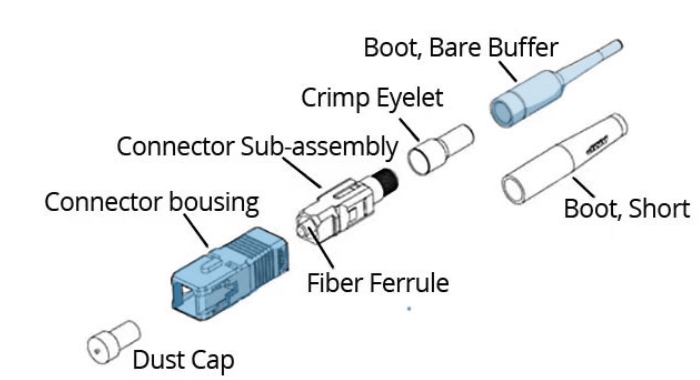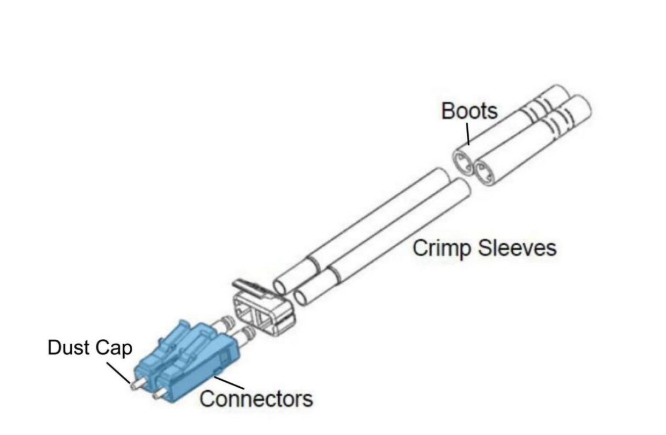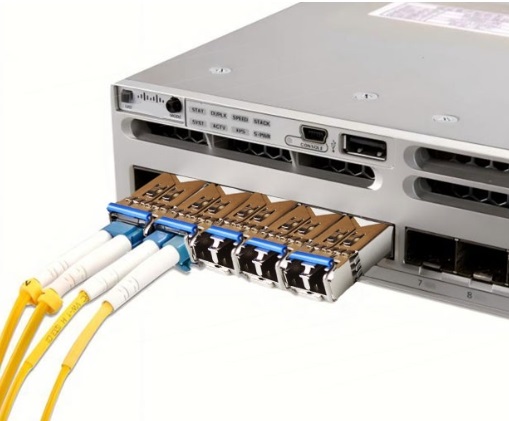LC Fiber Optic Connector vs SC Fiber Optic Connector, How to Choose?
LC Fiber Optic Connector vs SC Fiber Optic Connector, How to Choose?
Blog Article
LC Fiber Optic Connector vs SC Fiber Optic Connector, How to Choose?
With the widespread use of optical cables, fiber optic connectors often used with them in network transmission. After reading this article, we can understand what fiber optic connectors are, what is the difference between LC Fiber Optic Connector and SC Fiber Optic Connector, and how we can choose.
What is Fiber Optic Connector?
Fiber optic connectors are an important part of fiber optic networks and are used to connect and transmit optical signals between devices. Because it uses light to transmit data, it is not susceptible to interference. And it can transmit data faster than traditional copper cables. Therefore, it widely used for long-distance transmission.
Different fiber optic connectors have different coupling mechanisms. Examples include physical size, connector durability, and insertion loss. And there are many fiber optic connector types to meet different needs. Among them, LC and SC connectors most commonly used for fiber optic network transmission.
Fiber Optic Connector SC

Fiber Optic Connector LC

And LC connector is popular in the market for its small size and high quality. It widely used in single mode and multimode transceivers.
LC vs SC Fiber Optic Connector, Which one to Choose?
(1) Durability
Both fiber optic connectors have the same insertion loss (0.25 to 0.5db for signal or data packet) and perform well at very high speeds. Due to the smaller size of LC, LC connectors may be more easily damaged by frequent plugging and unplugging. You need to use it carefully to ensure that the connector properly aligned and locked in place. SC connectors have a simpler and more robust design. The push-pull mechanism makes plugging and unplugging simple and straightforward. SC connectors are generally more durable because of their larger size and structure, which helps protect them from physical damage in harsh environments.
(2) Application areas

SC fiber optic connector widely used in applications where durability and easy maintenance are more important than saving space. SC connectors are also popular in legacy systems that rely on older fiber optic technology.
(3) Cost
LC connectors are generally more expensive than SC connectors, primarily due to their smaller size and higher precision. Additionally, LC connectors often paired with other specialized components, which can increase the overall cost of the system.
SC connectors tend to be more affordable, especially in large quantities. Their manufacturing process is less complex than that of LC connectors, making them a cost-effective choice for many organizations.